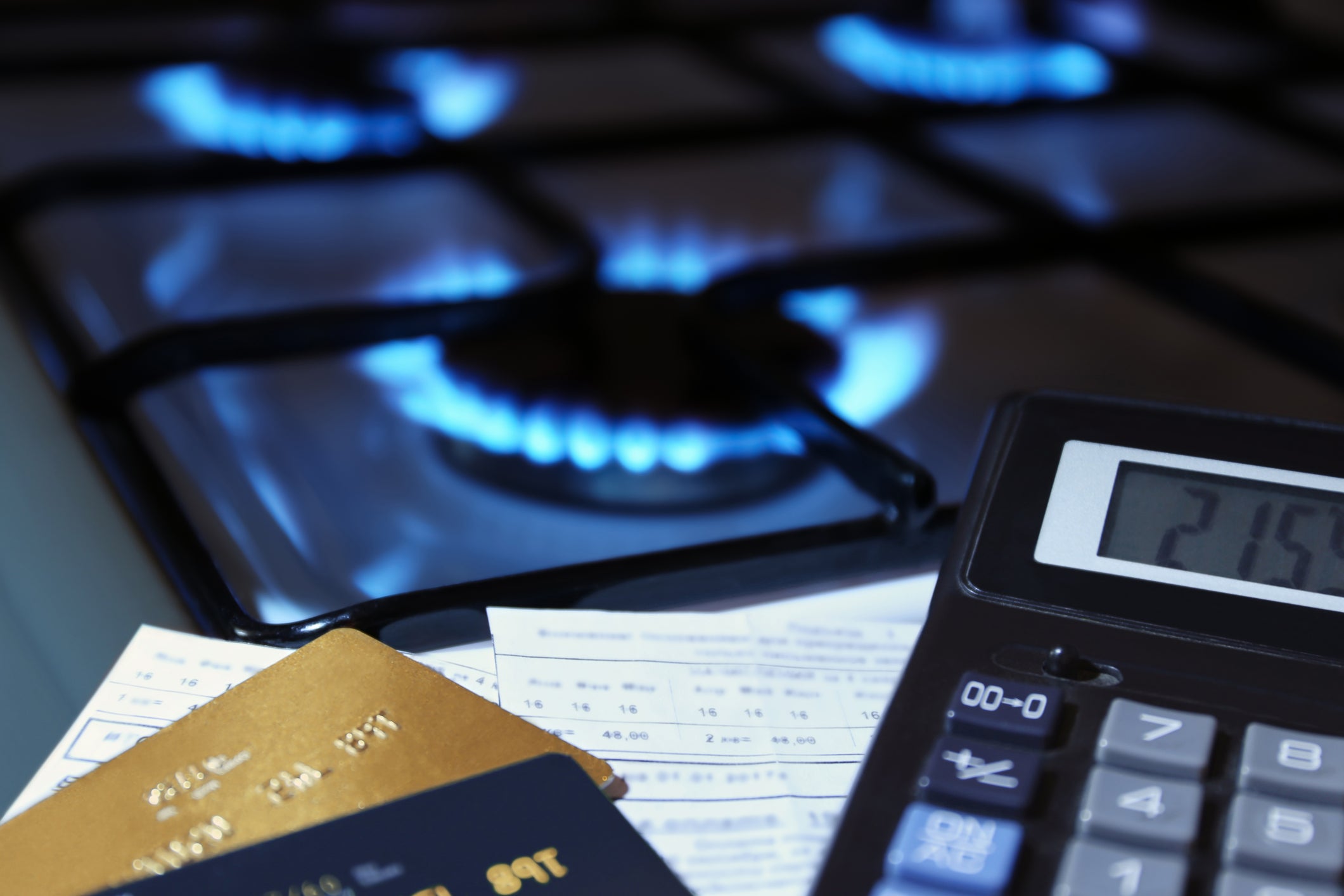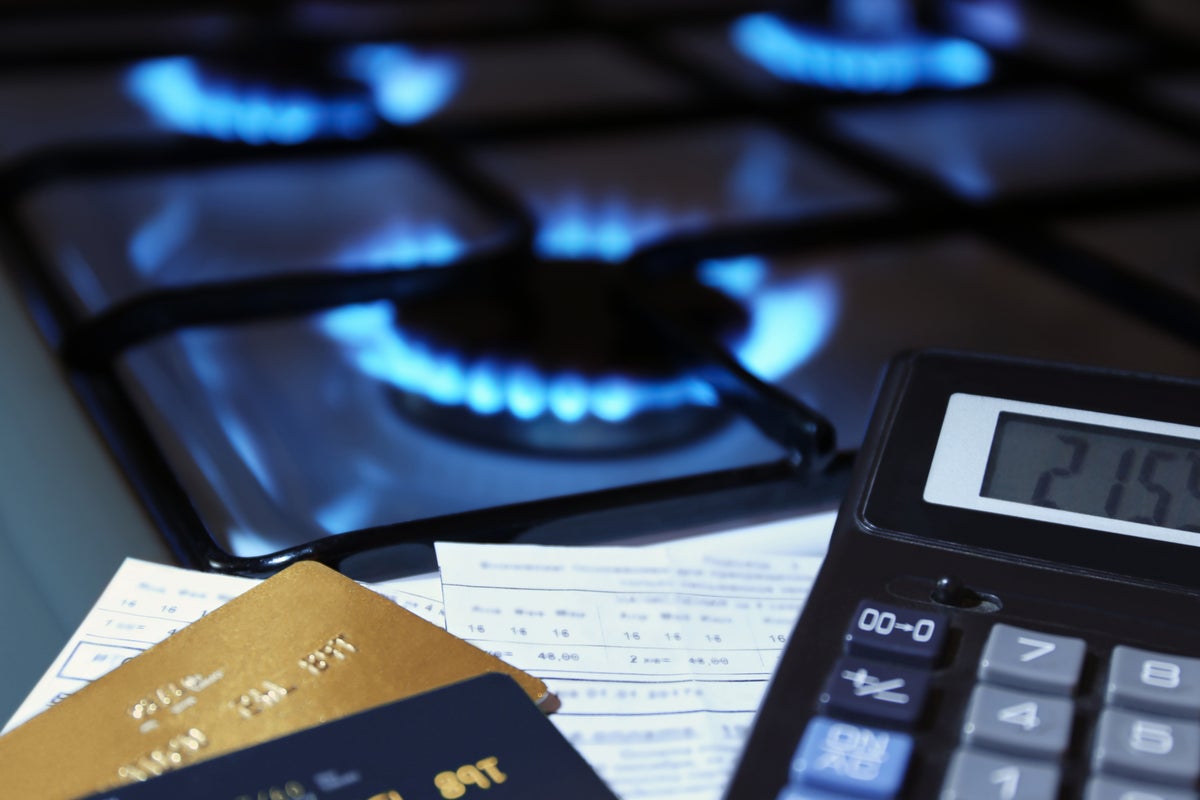Your support helps us to tell the story
From reproductive rights to climate change to Big Tech, The Independent is on the ground when the story is developing. Whether it’s investigating the financials of Elon Musk’s pro-Trump PAC or producing our latest documentary, ‘The A Word’, which shines a light on the American women fighting for reproductive rights, we know how important it is to parse out the facts from the messaging.
At such a critical moment in US history, we need reporters on the ground. Your donation allows us to keep sending journalists to speak to both sides of the story.
The Independent is trusted by Americans across the entire political spectrum. And unlike many other quality news outlets, we choose not to lock Americans out of our reporting and analysis with paywalls. We believe quality journalism should be available to everyone, paid for by those who can afford it.
Your support makes all the difference.Read more
The energy regulator, Ofgem, has unveiled a new relief scheme poised to write off as much as £500 million in household energy bill debt.
The watchdog stated its intention to “reset and reform” the nation’s escalating energy debt, a burden that has contributed to increased pressure on domestic finances.
Under the existing price cap, an allowance of £52 is presently incorporated into annual household energy bills, designed to cover unpaid energy debts that ultimately require writing off.
This initiative is expected to address up to £500 million of historic debt accumulated during the recent energy crisis, potentially benefiting approximately 195,000 individuals.
The regulator confirmed that a final consultation on the first phase of its debt relief scheme is set to be published shortly.

open image in gallery
Households in England, Scotland and Wales owe a record high of £4.4 billion to suppliers in the UK (Getty Images/iStockphoto)
Figures published by Ofgem last month showed that the money owed to suppliers by households in England, Scotland and Wales surged to a new record high of £4.4 billion by the end of June.
The average debt for people who do not have a repayment plan with their provider currently stands at about £1,716 per household.
Ofgem said that in a worst case scenario, between £1.1 billion and £1.7 billion of historic debt, according to supplier estimates, is never paid and will be written off.
It comes only a day after MPs called on the regulator to pay down some of the energy debt bill through windfall profits on suppliers.
However, the cost of unpaid debts will continue to be covered by being reclaimed across all households’ bills.
Ofgem said it is pushing forward with proposals to bring the debt down and reform how these debts are managed in order to prevent it growing as high in future and therefore reducing the cost to all households.
Other proposals by Ofgem include plans to trial changes to the process households must follow when they move into a new property.
Charlotte Friel, director for retail pricing and systems at Ofgem, said: “We know the growing amount of debt in the energy system is a significant challenge.
“We must protect consumers by striking the right balance between making sure those that can pay are supported to do so, and targeting support at those who need it most.
“These proposals will both directly reach households and relieve the burden of unmanageable debt, while also making changes to the way that debt is managed in the sector.”
The first phase of the scheme, set to launch early next year, will focus on people in receipt of means-tested benefits with more than £100 of debt built up during the energy crisis.
It added that eligible households will be expected to make some contribution towards debts and current energy use, or work with debt advice charities if unable to make payments.
